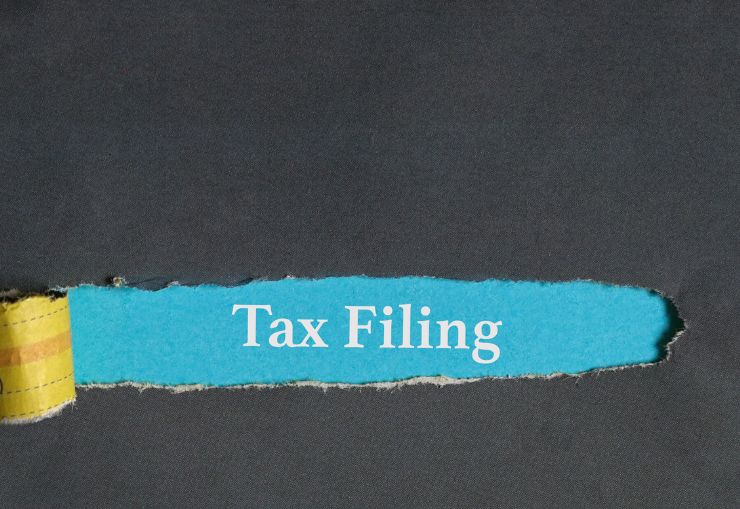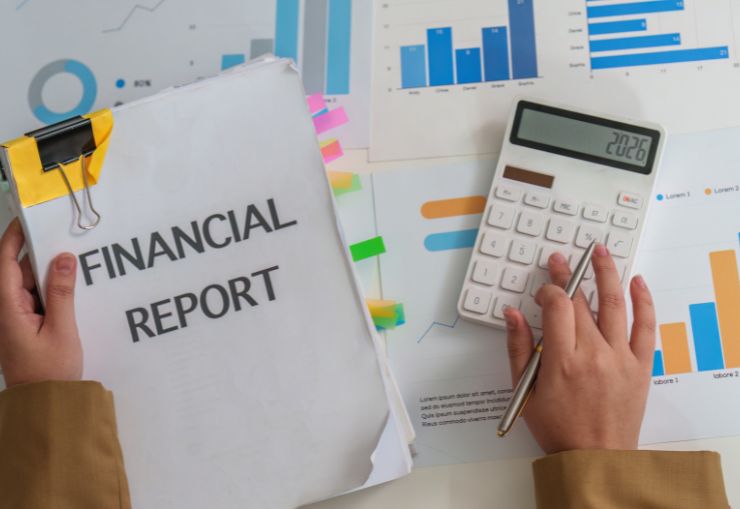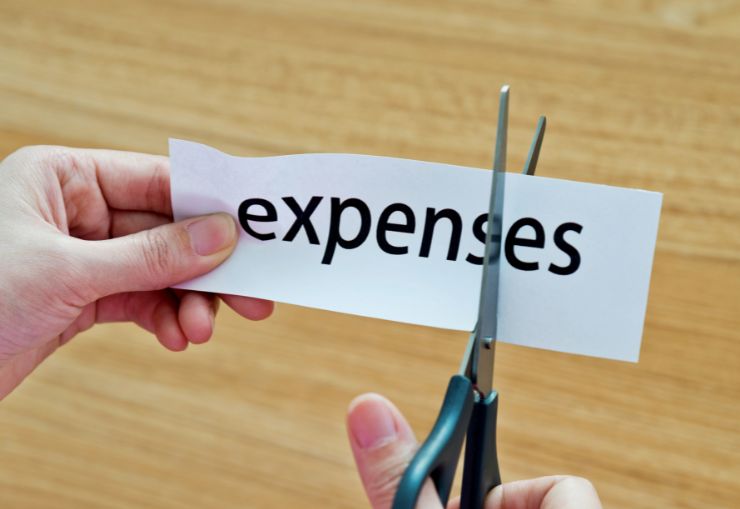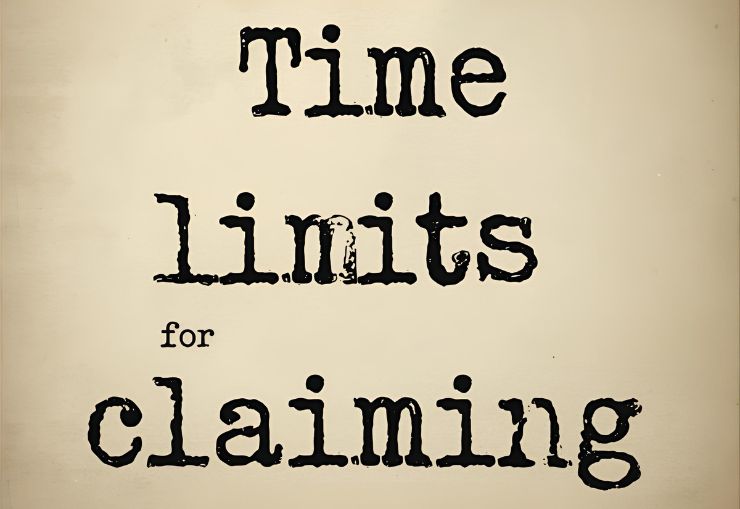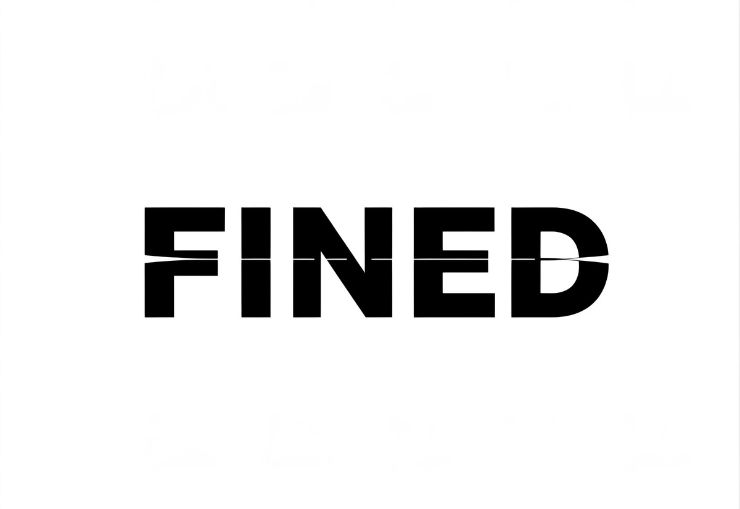Here at H&T Accounting Services, we understand the changing times in today’s world and how important it is to stay financially stable with personal and business finances. This is why we would like to inform our customers about the Canadian Recovery Benefit available.
What is the CRB?
The Government of Canada is aiding many Canadians with a benefit known as CRB or the Canadian Recovery Benefit. This benefit is designed to provide income support to employed and self-employed individuals who are or have been affected with COVID-19 and do not qualify for Employment Insurance Benefits (EI).
Eligibility
To eligible for this benefit, the following criteria must be met,
- You are not employed or self-employed for the period you are applying for due to COVID-19 related reasons or,
- You had a 50% reduction in your average weekly income compared to years prior to the pandemic
- You did not apply or receive any of the following benefits,
- Canada Recovery Sickness Benefit (CRSB)
- Canada Recovery Caregiving Benefit (CRCB)
- short-term disability benefits
- Employment Insurance (EI) benefits
- Québec Parental Insurance Plan (QPIP) benefits
- You are not eligible for EI benefits
- You reside and were present in Canada
- You are at least 15 years of age
- You carry a valid Social Insurance Number (SIN)
- You earned at least $5,000 in 2019, 2020, or in the 12 months before the date you apply from any of the following sources:
- employment income (total or gross pay)
- net self-employment income (after deducting expenses)
- maternity and parental benefits from EI or similar QPIP benefits
- You have not quit your job or reduced your hours voluntarily on or after September 27, 2020, unless it was reasonable to do so
- You were seeking work during the period, either as an employee or in self-employment
- You have not turned down reasonable work during the 2-week period you’re applying for
Benefit Amount
In receiving this benefit, a bi-weekly gross payment amount of $1,000, before taxes, is provided to those who are eligible. With a 10% withholding applied, the total 2-week payment is 900$.
The Application Period
An application must be submitted for every 2-week payment required. The process is not an automatic system which means you must apply every 2 weeks to receive payment regularly. A maximum of 13 periods out of the total 26 periods are available between September 27, 2020 and September 25, 2021 in which the 13 weeks do not need to be collected consecutively. You can apply on the first Monday after the period has ended.
Receiving your Payment
Your benefit can be collected through direct deposit or via mail. Direct deposits can take 3-5 business days whereas mail can arrive between 10-12 business days.
We encourage all our customers that qualify for this benefit to apply. Understanding these hard times for everyone, every little bit of help goes a long way for those that are in need of it. H&T Accounting Services are here for all inquiries and questions you may have regarding available benefits. We are here to assist with all your accounting and financial needs.
We wish everyone the best of health. Stay safe and healthy!


